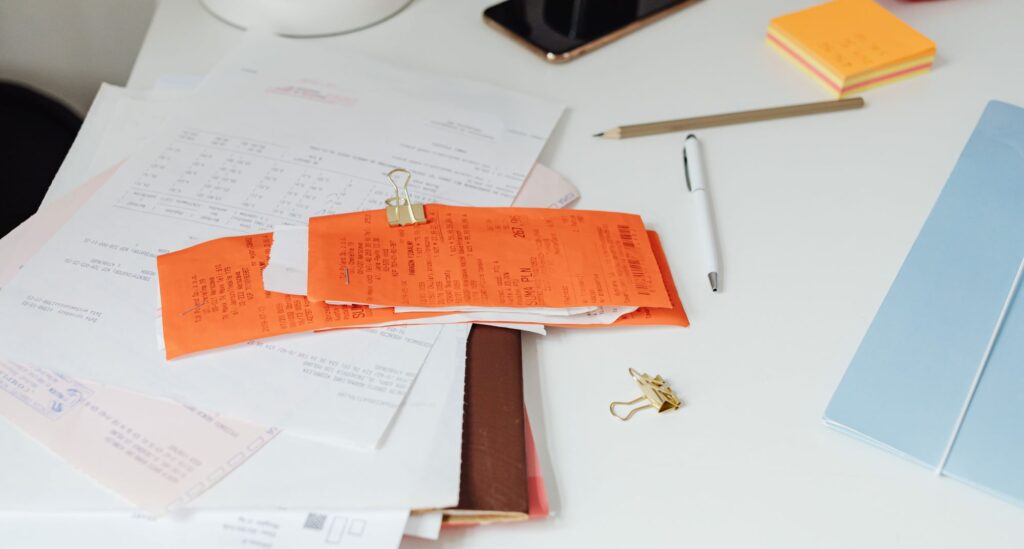Organizing and managing your finances is an important step for gaining control over your money and reducing stress. In today’s busy world, it’s easy to feel lost with bills, receipts, and budgeting. However, taking a little time to organize your financial papers can make life much easier. By setting up a simple system to track your income, expenses, and savings, you will understand your money better and make smarter choices. This guide will show you how to get started with organizing your finances, helping you feel more confident and in charge of your financial future.
Why Organizing Your Finances Matters
Organizing your finances is not just about keeping your papers neat; it plays a big role in your overall well-being. Here are a few key reasons why it’s so important:
- Clarity: When your finances are organized, you can see exactly where your money is going. This helps you know how much you earn, what you spend, and how much you can save. Therefore, with this clear picture, you can make better decisions about your money.
- Less Stress: Searching for lost receipts or bills can be stressful. When everything is organized, you won’t have to worry about finding important documents when you need them. Therefore, this peace of mind makes managing your finances much easier.
- Better Budgeting: An organized system also helps you keep track of your spending habits. By knowing how much you spend in different areas, you can create a budget that works for you. This can help you cut back on unnecessary expenses and save more money.
- Easier Planning: When your finances are in order, it’s easier to plan for the future. Whether you want to save for a vacation or buy a house, having organized finances helps you set and reach your goals.
Steps to Organize Your Finances
Now that you understand why organizing your finances is important, let’s look at some simple steps to get started. These steps will help you create a system that works for you.

1. Gather Your Documents
Begin organizing your finances by gathering all your financial documents in one central location. This should include bank statements, bills, receipts, tax documents, and any other paperwork related to your finances. After that, use a folder or a box to keep everything neatly organized and easily accessible.
2. Sort Your Papers
Once you have everything in one place, sort the papers into categories. You can create sections for bills, income, savings, and investments. This way, you’ll know exactly where to look for each type of document.
3. Create a Budget
Next, create a simple budget to help with organizing your finances by tracking your income and expenses. Start by noting how much money you earn each month and then list your regular expenses, such as rent, groceries, and bills.
This budget will give you a clear picture of where your money goes and identify areas where you might be able to save.
4. Use Digital Tools
Consider using apps or software, such as Quicken, to help you manage and organize your finances. Many free tools are available that can assist you in tracking spending, setting budgets, and reminding you of upcoming bills.
These digital resources can make the process of managing and organizing your financial life easier and more efficient.
5. Set Aside Time Regularly
Make it a habit to regularly review your finances to effectively organize and manage your financial situation. Whether you choose to do this weekly or monthly, set aside dedicated time to go through your documents, check your budget, and update any changes.
This practice helps keep your finances organized and ensures you stay on track with your financial goals.
6. Keep It Simple
Finally, remember to keep your system simple when you organize your finances. The easier it is to use, the more likely you are to stick with it. Avoid complicated processes that can lead to frustration, as simplicity will help you stay consistent and engaged with your financial management.
Conclusion
In summary, organizing your finances is essential for achieving peace of mind and making informed decisions about your money. By gathering your documents, sorting them into categories, and creating a straightforward budget, you gain clarity and control over your financial situation.
This process not only helps you track your spending but also allows you to plan for future goals, such as saving for a vacation or preparing for retirement. Making financial organization a regular practice can lead to better financial health and reduce stress in your daily life.
So, start today—take small steps toward organizing your finances, and enjoy the benefits of a clearer, more manageable financial path.














